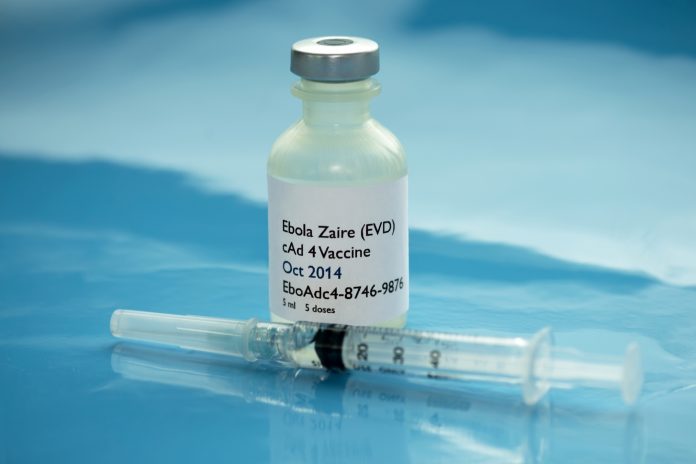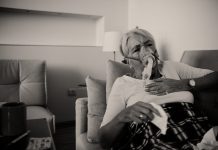A new case of Ebola haemorrhagic fever has been detected in the Democratic Republic of Congo – healthcare experts say “time is not on our side”
Ebola virus disease (EVD), also known as Ebola haemorrhagic fever, is a rare but severe, often fatal illness in humans. In a similar way to coronaviruses, the virus spreads from wild animals to people, then spreading through communities via human-to-human transmission.
Individuals with weakened immune systems are particularly at risk.
Health authorities in the Democratic Republic of the Congo said that a single case was confirmed in Mbandaka, a city in the north-western Equateur Province.
Single case identified, but disease has “two-week head start”
The patient is a 31-year-old man, who first experienced symptoms on 5 April. He was admitted for treatment on 21 April, but sadly died later on the same day. Healthcare workers are investigating the source of the Ebola outbreak, while tracing contacts.
“Time is not on our side,” said Dr Matshidiso Moeti, the World health Organization (WHO) Regional Director for Africa.
“The disease has had a two-week head start and we are now playing catch-up. The positive news is that health authorities in the Democratic Republic of the Congo have more experience than anyone else in the world at controlling Ebola outbreaks quickly.”
When did Ebola haemorrhagic fever first begin?
The disease was first documented in 1976, near the Ebola River in what is known as modern-day Democratic Republic of the Congo. After this moment of origin, the virus has regularly resurfaced across other African countries.
With Ebola, the likelihood of death is still a daunting 50%. During past outbreaks, this number has fluctuated between 25% to 50%.
The 2014-2016 outbreak in West Africa took 11,325 lives over 2.5 years.
Is there an Ebola vaccine?
Yes.
Despite decades of Ebola, a vaccine was only approved in 2019.
Ervebo was licensed in November 2019 by the European Medicines Agency, with the US Food and Drug Administration following this decision in December, 2019. Burundi, Central African Republic, the Democratic Republic of the Congo, Ghana, Guinea, Rwanda, Uganda and Zambia also approved the vaccine.
A new treatment is now available, with the European Medicines Agency granting market authorisation in May, 2020. Zabdeno (Ad26.ZEBOV) and Mvabea (MVA-BN-Filo), for individuals 1 year and older, is taken as two separate vaccine doses.
Zabdeno is given first and Mvabea is given approximately eight weeks later, as a second dose. For more immediate outbreaks, the Ervebo remains the vaccine of choice.
People will be protected by use of ‘ring vaccination’ strategy
The country has the rVSV-ZEBOV Ebola vaccine, which is now available in the cities of Goma and Kinshasa.
Vaccines will be sent to Mbandaka and administered through ‘ring vaccination’ strategy. Ring vaccination is where contacts and contacts of contacts are vaccinated to curb the spread of the virus and protect people from death.
“Many people in Mbandaka are already vaccinated against Ebola, which should help reduce the impact of the disease,” said Dr Moeti.
“All those who were vaccinated during the 2020 outbreak will be revaccinated.”








